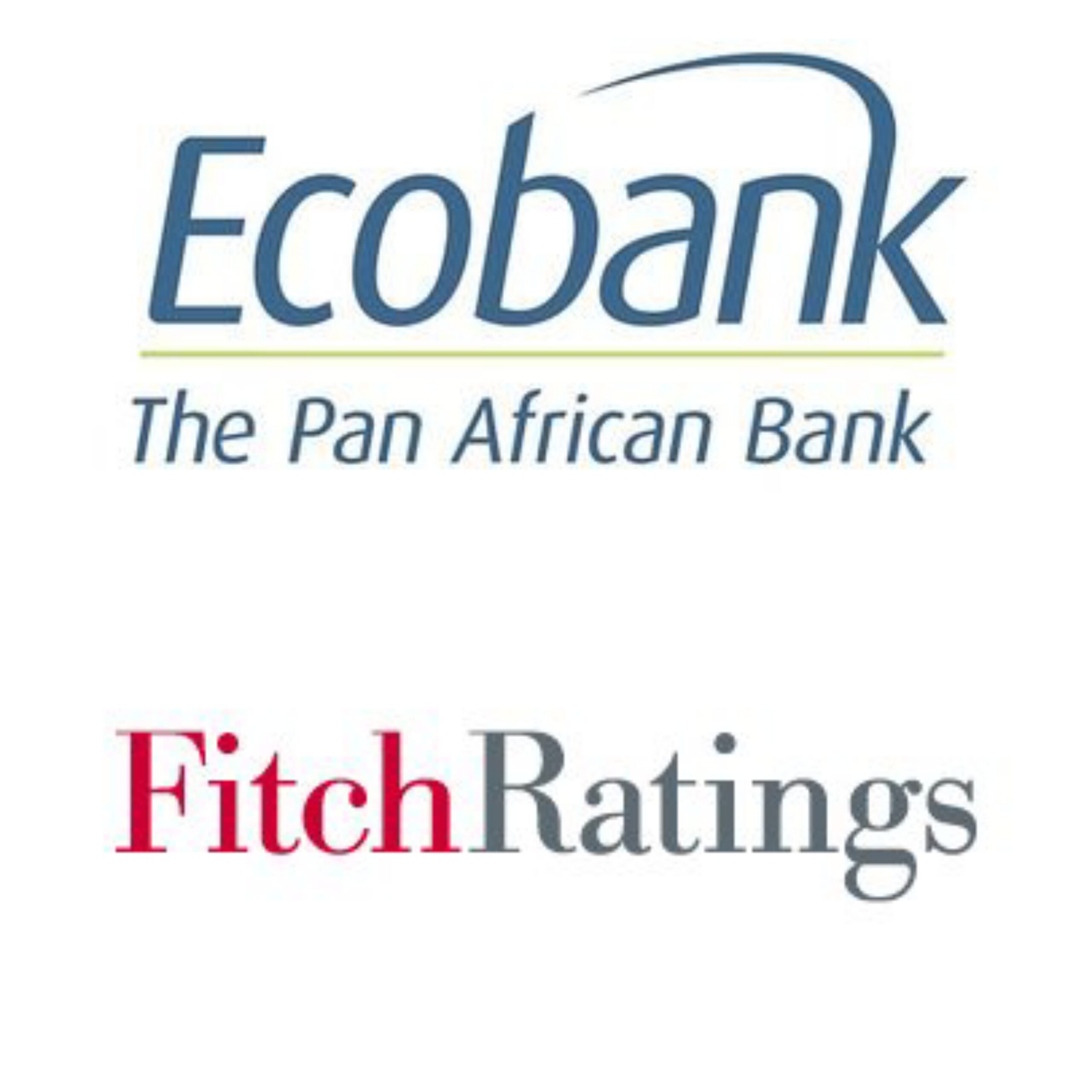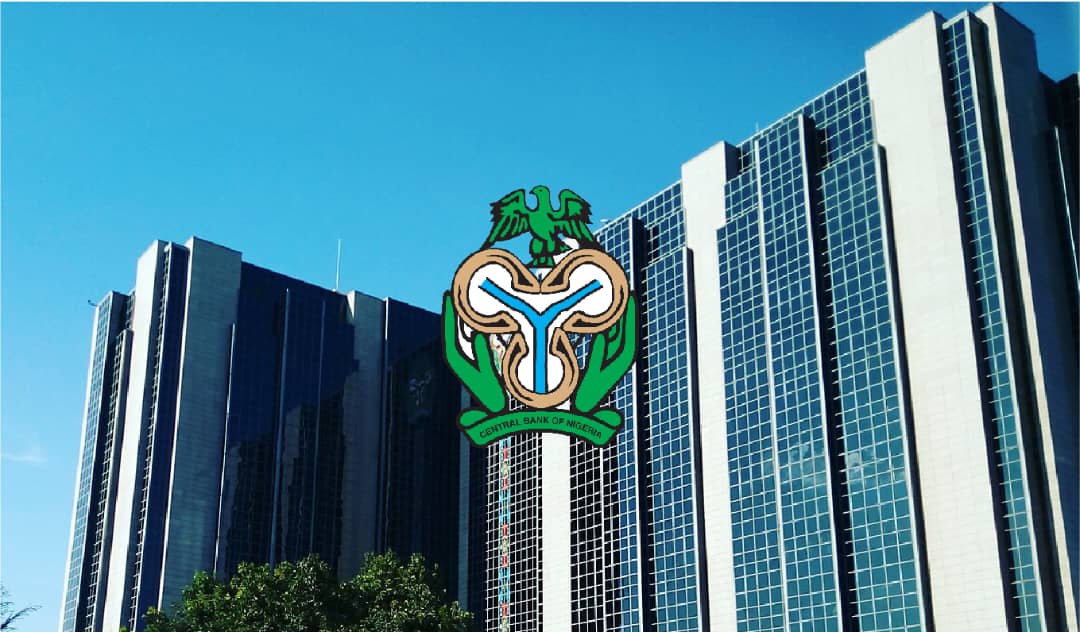Fitch, Global Ratings Firm, Maintains Unfavourable Rating For Ecobank Following N72bn Lawsuit Defeat

In reaction to Ecobank Nigeria’s recent loss of a N72 billion lawsuit filed against it by Honeywell Flour Mills Plc, revered credit ratings provider for global capital markets, Fitch Ratings, has maintained an unfavourable Long-Term Issuer Default Rating of ‘B-‘ and Viability Rating of ‘b-‘ on Rating Watch Negative (RWN) for the bank.
In light of the court’s pronouncements, Fitch Ratings’ unflattering assessment specifically highlights concerns about the additional risks to the bank’s market capitalisation as well as its business and financial profile.
The Federal High Court had, on July 18, pronounced the judgement that Ecobank pays Honeywell Group N72.2 billion in damages, for wrongfully freezing the assets of the investment company’s affiliates — Honeywell Flour Mills, Anchorage Leisures Limited, and Siloam Global Services Limited — in 2015.
Although Ecobank has since stated its intent to appeal the decision.
Fitch Ratings, in its analysis and commentary on the lawsuit outcome, indicated that the judgement puts the bank at risk of breaching its 10% minimum capital adequacy ratio (CAR) requirement.
According to the publication’s analysis, the huge sum has the potential to constrain Ecobank’s growth and business generation prospects while also posing damning implications for the bank’s reputation.
For instance, at the end of last year’s financial operations, Ecobank declared a N156.6 billion profit after tax, indicating notably lower profitability compared to other commercial banks.
Similarly, Fitch Ratings’ analysis indicates Ecobank’s operating profit has averaged only 0.4% of risk-weighted assets over the past four years.
Thus, the projected N72.2 billion in damages is anticipated to exert an even more substantial adverse effect on the bank’s profitability.
Per the report, a material CAR breach may also undermine Ecobank’s depositor stability and lead to less stable funding, considering the bank’s heavy reliance on term-deposit funding which was reflected in its 40% customer deposits as of the end of 2022.
Fitch Ratings also indicated that Ecobank’s delicate position in the financial market may remain for some time.
“Fitch expects to resolve the RWN once there is more clarity on the outcome of the dispute and its implications for ENG, in addition to when the impact of the naira devaluation on capital ratios and asset quality becomes clear. The RWN may be maintained longer than six months if the dispute is not concluded within this timeframe,” the report reads.
There had been concerns among shareholders and investors in Ecobank over the bank’s ability to maintain its value in the financial market since the court judgement was pronounced. Ecobank, in its bid to assuage the trembling, had pledged to “diligently pursue the appeal with the aim of overturning the judgement of the Federal High Court.”
The Fitch Ratings report, however, has the potential to exacerbate concerns among shareholders and investors, deepening anxieties about Ecobank’s viability in the financial market.
Ecobank now finds itself grappling not only with the legal ramifications of the ruling but also the reverberations of the Fitch Ratings assessment, which paints a stark picture of the hurdles ahead.













